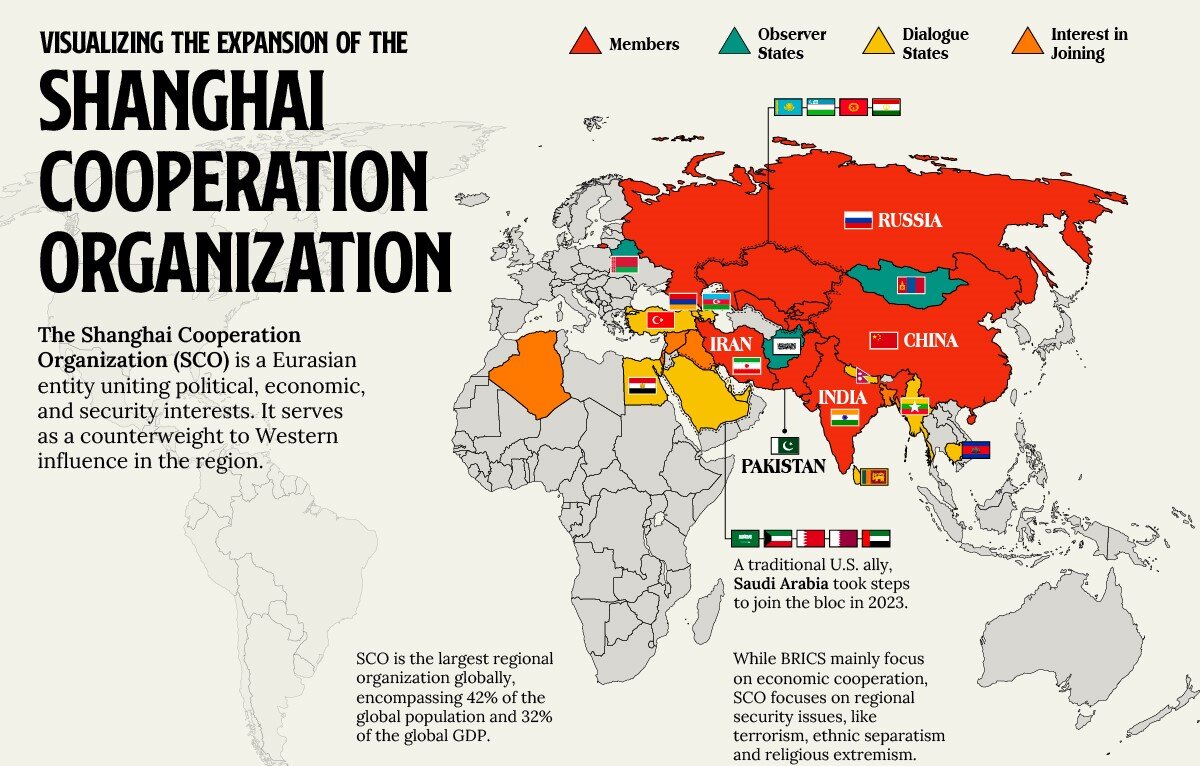TEHRAN – Iran’s deputy tourism minister has proposed a visa waiver program dedicated to tourist groups among the member states of the Shanghai Cooperation Organization.
The proposal was made on Friday in a meeting of SCO tourism officials in Kazakhstan, aiming to capitalize on the immense market potential of the three-billion-strong population within the SCO.
Addressing the meeting online, Ali-Asghar Shalbafian, expressed gratitude for the condolences offered by SCO member states, highlighting the late President’s commitment to strengthening international and regional cooperation, including within the SCO.
The meeting commenced with a minute of silence in honor of the martyred Iranian President Seyyed-Ebrahim Raisi, and his delegation, who tragically lost their lives in a helicopter crash.
The deputy minister outlined that Iran has waived visa requirements for some 64% of the SCO member countries.
He also proposed the introduction of group visas among SCO countries to further facilitate travel.
“Currently, over half of the world’s population can travel to Iran without a visa,” Shalbafian brought to light, describing the meeting as a golden opportunity to showcase the significant tourism potential within the member countries.
Shalbafian stressed the SCO’s vast market potential, encompassing over three billion people, which could become an unparalleled source of tourists for member countries.
He also referred to the diverse cultural, historical, and geographical attractions within the SCO, emphasizing tourism’s crucial role in the global economy and its capacity to create numerous job opportunities.
“Iran’s rich heritage, including 27 UNESCO World Heritage sites, diverse architectural wonders, unique traditions and handicrafts, and renowned cuisine, along with varied climate, from mountainous regions to hot springs” He continued. “Make the country one-of-a-kind touristic destination.”
To enhance tourism among SCO members, Shalbafian proposed the mutual abolition of visas, particularly suggesting group travel visas for member countries.
He also recommended improving tourism marketing data, sharing best practices, and establishing a dedicated tourism section on the SCO website.
Taking a step further, the official suggested creating a network for tour operators within SCO countries to manage and promote tourist exchanges, supported by bilateral and multilateral agreements.
Furthermore, Shalbafian highlighted the potential of the Silk Road project as a collaborative effort to promote peace, friendship, and sustainable development, enhancing regional and international tourism.
The SCO, an intergovernmental Eurasian organization, aims to foster multilateral security, economic, and political cooperation. Its members include China, Russia, Kazakhstan, Kyrgyzstan, Tajikistan, Uzbekistan, Iran, Pakistan, and India, with Mongolia, Afghanistan, and Belarus as observer countries.
XF/AM

